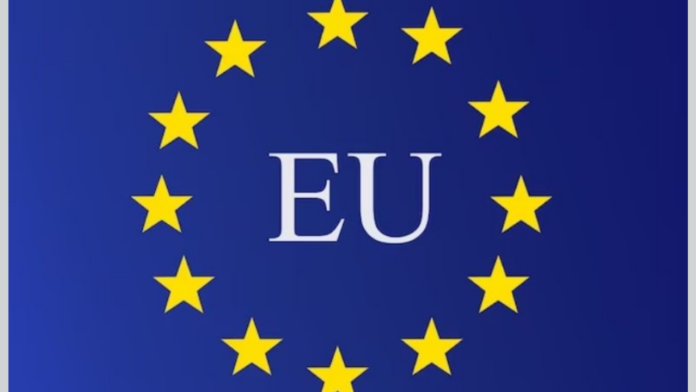Participants not only benefit from hands-on experience in an international and multicultural environment but also receive a living allowance of €3,600 to help cover expenses during the traineeship at the African Union.
In this post, you’ll find a comprehensive overview of the European Union Traineeship Program—including its eligibility criteria, benefits, and a step-by-step guide on how to apply successfully.
Table of Contents
ToggleOverview of European Union Traineeship Program
- Program Name: European Union Traineeship
- Host Organization: European Union
- Category: Internships | Training
- Location: EU offices across Europe and Africa
- Eligible Applicants: Open to candidates from all countries
- Reward:
- Hands-on training in EU policymaking
- International work experience
- €3,600 stipend to cover living expenses (especially for African Union placements)
- Language Requirement: No IELTS required
- Application Deadline: April 15, 2025
Eligibility Requirements for European Union Traineeship 2025/2026
To be considered for the traineeship, applicants must meet the following criteria:
- Residency: Must currently reside in Ethiopia
- Education: Hold a Master’s degree in one of the following fields:
- Political Science
- International Relations
- Economics
- Law
- Other Social Studies
- Work Experience: Maximum of 1 year of professional experience
- Language Proficiency: Fluent in English
- Skills & Interests:
- Strong analytical and drafting skills
- Keen interest in African Union politics, economics, and governance
- Proactive, reliable, and eager to learn
- Willingness to contribute ideas and take initiative
Benefits of the European Union Traineeship 2025/2026
- Monthly Stipend: Selected trainees will receive a monthly grant to support living expenses
- Estimated Value: Approximately €3,600 for the full duration
- Duration: Up to 6 months
- Start Date: May 2025
- Department: Placement within the Political, Press, and Information Section of the EU Delegation to the African Union
Required Documents for European Union Traineeship 2025/2026
- A detailed Europass CV
- Only Europass format accepted
- Other CV formats will not be considered
- A Cover Letter
- Explaining why you want to participate in the EU traineeship
How much do EU traineeships pay?
EU traineeships vary in compensation depending on the institution:
- European Commission (Blue Book Traineeship): Approximately €1,476.34 per month.
- Council of the European Union: €1,376.88 net per month, plus reimbursement of travel expenses and a restaurant discount card.
- European Parliament (Schuman Traineeship): Around €1,521 per month.
Is Nigeria a European Union country?
No, Nigeria is not a member of the European Union. The EU comprises 27 European countries.
Is it hard to get an EU traineeship?
Yes, EU traineeships are competitive. For instance, the European Commission’s Blue Book Traineeship receives thousands of applications for approximately 1,000 positions each session.
What is the acceptance rate for EU traineeships?
Acceptance rates vary by institution and applicant nationality. For the European Commission’s Blue Book Traineeship, acceptance rates can range from about 5.9% for Italian applicants to over 30% for Estonian applicants.
How much does the EU Schuman traineeship pay?
The Schuman Traineeship at the European Parliament offers a monthly grant of approximately €1,521.
How much does the Council of Europe pay for traineeships?
The Council of Europe does not provide financial support to trainees. Trainees are responsible for covering their own living expenses during the traineeship.
What language is the European Commission traineeship conducted in?
The European Commission’s working languages are English, French, and German. Applicants must have a very good knowledge (C1 or C2 level) of one of these languages.
Is there a dress code for the EU Commission?
While there is no strict dress code, business attire is generally expected. For men, a suit is typically required. Women are advised to wear professional outfits such as pantsuits, skirt suits, or business dresses.
Conclusion
In conclusion, the European Union Traineeship Program offers a valuable opportunity for students and recent graduates to gain practical experience in EU policymaking and administration. With placements available across Europe and Africa, including the African Union, participants can immerse themselves in a multicultural environment, develop professional skills, and receive financial support to cover living expenses. Eligibility criteria vary depending on the specific traineeship, but generally include educational qualifications and language proficiency. While the application process is competitive, the benefits of participating in such a program can be significant, potentially opening doors to future career opportunities within the EU institutions and beyond.
If you need assistance with the application process or have further questions, feel free to ask!




